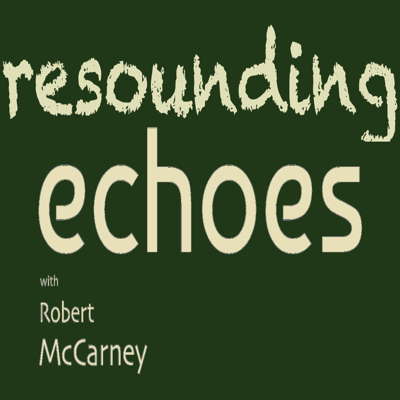- Alistair Hinton
- Carla Wood
- Ladislav Kubík
- Appian Publications and Recordings Ltd
- Richard Taruskin
- Südwestrundfunk
- keyboard
- Malcolm Goldring: The Infant King
 DISCUSSION: What is a work? John Dante Prevedini leads a discussion about The performing artist as co-creator, including contributions from Halida Dinova, Yekaterina Lebedeva, Béla Hartmann, David Arditti and Stephen Francis Vasta.
DISCUSSION: What is a work? John Dante Prevedini leads a discussion about The performing artist as co-creator, including contributions from Halida Dinova, Yekaterina Lebedeva, Béla Hartmann, David Arditti and Stephen Francis Vasta.
 RESOUNDING ECHOES: Beginning in 2022, Robert McCarney's occasional series features little-known twentieth century classical composers.
RESOUNDING ECHOES: Beginning in 2022, Robert McCarney's occasional series features little-known twentieth century classical composers.
Zhou Xiaoyan
Chinese voice teacher and soprano Zhou Xiaoyan was born in Wuhan on 17 August 1917 and was taught at a Roman Catholic school in Shanghai, where she first came across Western music and was influenced by Russian and Jewish musicians. She studied music at the Shanghai Conservatory and then in Paris at the École Normale de Musique and the Conservatoire russe de Paris Serge Rachmaninoff.
She concentrated on the concert repertoire of French composers Debussy and Fauré, assuming that China had no opera at this time. Her career began in Luxembourg in 1946, and in the same year, she was featured as a soloist at the Prague Spring International Music Festival, earning the 'Chinese nightingale' nickname, and meeting many major figures of twentieth century Western music. During 1946 and 1947 she performed in Czechoslovakia, England, France, Germany, Italy and Switzerland.
She returned to Shanghai in 1947, began teaching at Shanghai Conservatory in 1949 and was encouraged by the Chinese regime to perform for and teach her craft to the people. She spent ten years performing wherever she was sent by the Chinese government.
When Western music was no longer accepted in China during the Cultural Revolution, Zhou Xiaoyan was accused of counter-revolutionary activities and exiled to a farm in the Chinese provinces. She was able to return to Shanghai Conservatory in 1970, and from 1978, was allowed to build a high quality opera programme. This flourished in the 1980s, and Verdi's Rigoletto (sung in Chinese) was fully staged in Shanghai in 1989, with a cast of Zhou Xiaoyan's students. Later, a partnership with San Francisco Opera was set up, allowing productions in other languages.
Zhou Xiaoyan died at Ruijin Hospital in Shanghai on 4 March 2016, aged ninety-eight.

